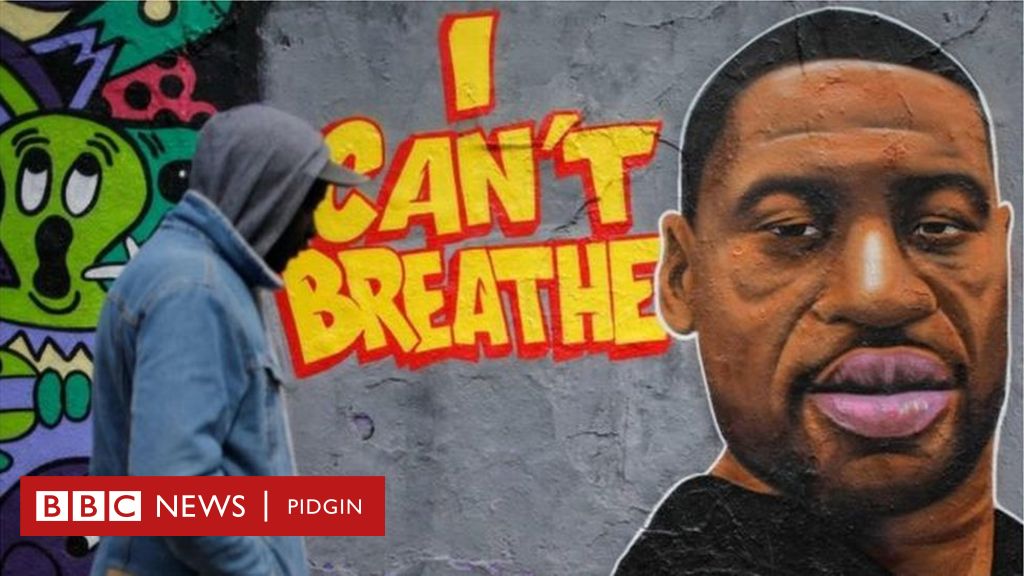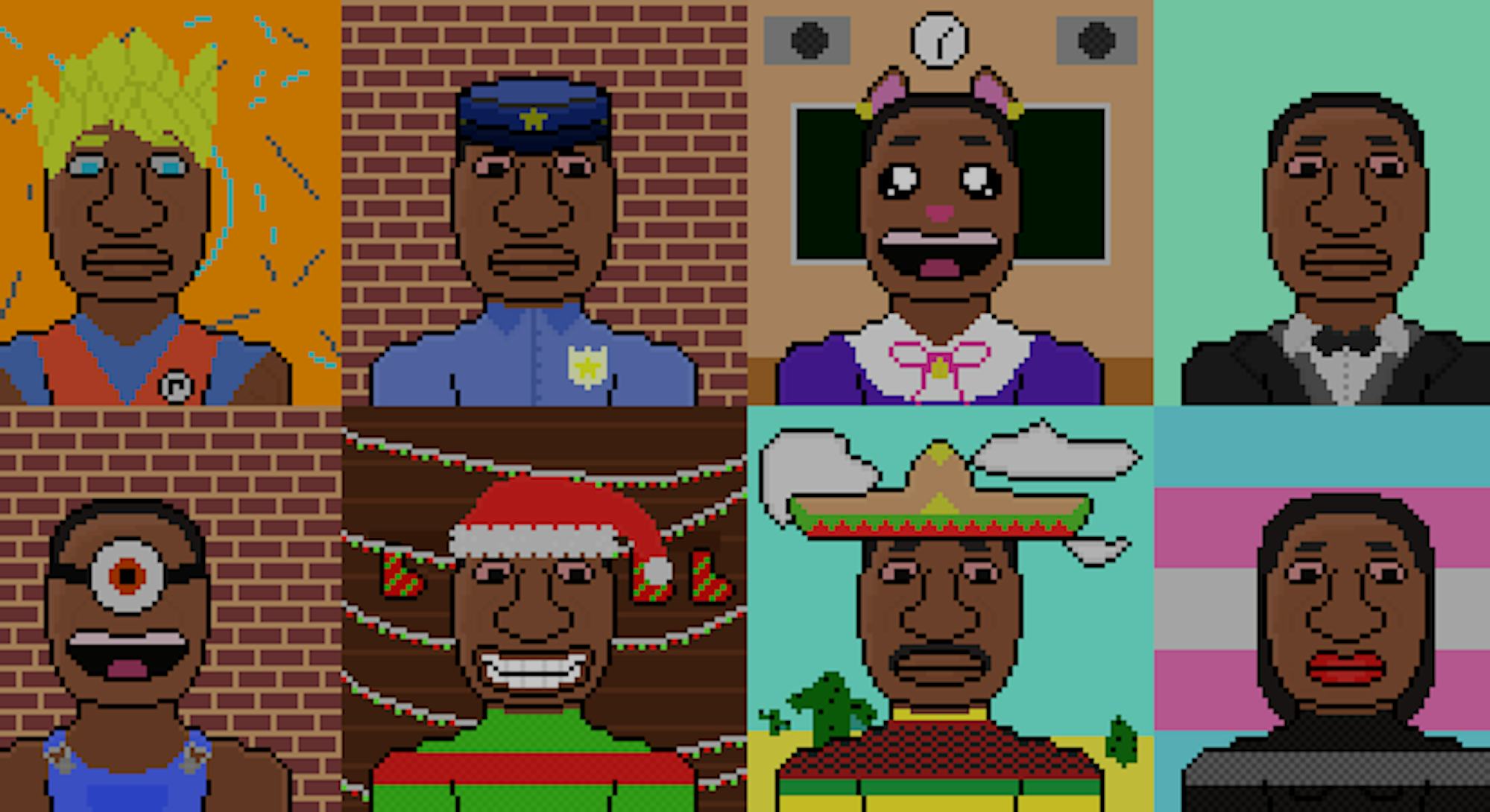George Floyd memes have sparked a global conversation about race, justice, and the power of humor in times of tragedy. In the wake of the tragic events surrounding George Floyd's death, internet culture has found its own way to process emotions through creative expression. These memes, while often controversial, reflect the complexities of human emotions and the need to find light in darkness.
As the world grappled with the devastating loss of George Floyd, a torrent of digital content emerged, capturing the collective emotions of millions. Memes, in particular, became a vessel for people to express anger, frustration, and even hope. They’re not just funny pictures or videos; they’re a form of communication, a way to make sense of the chaos.
This article dives deep into the world of George Floyd memes, exploring their origins, cultural significance, and the debates surrounding their use. Whether you find them offensive or insightful, one thing is certain: they’ve left an indelible mark on our cultural landscape. So, buckle up, because we’re about to take a journey through the memes that shaped a movement.
Read also:Exploring The Glitz And Glamour Of Ullu Web Series Actresses
What Are George Floyd Memes?
George Floyd memes are internet creations that reference the tragic events surrounding George Floyd’s death in May 2020. They range from satirical images to animated videos, all designed to evoke emotion, spark conversation, or simply bring a moment of levity in a dark time. While some might argue that humor in such a sensitive context is inappropriate, others see it as a necessary outlet for processing pain.
These memes often incorporate iconic moments from the video footage of Floyd’s arrest, as well as statements like “I can’t breathe,” which became a rallying cry for the Black Lives Matter movement. They also frequently highlight the systemic issues that led to Floyd’s death, using humor as a tool to educate and provoke thought.
Why Do People Create George Floyd Memes?
The reasons behind creating George Floyd memes are as varied as the memes themselves. Some creators use them to express outrage, others to foster solidarity, and a few to simply entertain. In a world where tragedy can feel overwhelming, memes provide a way to regain a sense of control through creativity.
One key reason people create these memes is to humanize George Floyd. By focusing on his life, his struggles, and his legacy, creators can help combat the dehumanization that often occurs in media coverage of Black victims. It’s about turning a hashtag into a person, and a person into a movement.
Origins of the Memes
The first George Floyd memes began circulating shortly after the video of his arrest went viral. They were simple at first, often just screenshots with text overlays. As the movement gained momentum, so did the complexity and creativity of the memes. Creators started incorporating pop culture references, historical allusions, and even political commentary.
How Have George Floyd Memes Evolved Over Time?
Like any cultural phenomenon, George Floyd memes have evolved over time. What started as raw, emotional reactions to the events of May 2020 has grown into a complex tapestry of humor, activism, and art. Early memes were more focused on the immediate tragedy, while later ones began to explore broader themes of racial justice and systemic inequality.
Read also:The Enigma Of Jackerman A Deep Dive Into The Mysterious Persona
This evolution reflects the changing attitudes of society. As people began to understand the deeper implications of Floyd’s death, the memes became more nuanced. They shifted from simple jokes to thoughtful critiques of the systems that allowed such an event to occur.
From Tragedy to Art
One of the most fascinating aspects of George Floyd memes is how they’ve transformed from reactions to tragedy into works of art. Many creators have used the medium to convey powerful messages about race, justice, and humanity. These memes aren’t just funny; they’re thought-provoking, challenging viewers to see the world from a different perspective.
Controversies Surrounding George Floyd Memes
No discussion of George Floyd memes would be complete without addressing the controversies they’ve sparked. Some people find these memes offensive, arguing that they trivialize a serious issue. Others believe that humor, no matter how dark, is a valid form of expression. The debate centers around the question: where do we draw the line between respectful humor and disrespectful mockery?
It’s a tricky balance. On one hand, memes can serve as a powerful tool for education and awareness. On the other, they can perpetuate harmful stereotypes or desensitize people to the reality of systemic racism. It’s up to each individual to decide where they stand on this issue.
Respectful Humor vs. Offensive Content
The line between respectful humor and offensive content is often blurry when it comes to George Floyd memes. Some creators go out of their way to ensure their memes are sensitive and thoughtful, while others may unintentionally cross boundaries. It’s important for creators to consider the impact of their work and strive to contribute positively to the conversation.
George Floyd Memes and Their Impact on Social Justice
Despite the controversies, George Floyd memes have played a significant role in the social justice movement. They’ve helped raise awareness, spark conversations, and even mobilize people to take action. By using humor as a tool for education, these memes have reached audiences that might not engage with traditional forms of activism.
For example, memes that highlight the disparities in policing between Black and white communities have opened the eyes of many who were previously unaware of these issues. They’ve also inspired people to get involved in protests, sign petitions, and support organizations working towards racial equality.
Education Through Humor
Humor has a unique ability to make difficult topics more approachable. George Floyd memes have leveraged this power to educate people about the realities of systemic racism. By presenting complex issues in a digestible format, they’ve helped demystify the jargon and statistics that often accompany discussions of social justice.
Popular George Floyd Memes
There are countless George Floyd memes out there, each with its own message and style. Some of the most popular ones include:
- “I Can’t Breathe” memes, which reference Floyd’s final words and emphasize the urgency of the issue.
- “Defund the Police” memes, which advocate for reallocating police budgets to community resources.
- “Systemic Racism” memes, which use humor to explain the concept to a broader audience.
These memes have resonated with people around the world, proving that humor can transcend borders and unite people in a common cause.
Examples of Thought-Provoking Memes
Some of the most impactful George Floyd memes are those that challenge viewers to think critically about the issues at hand. For example, a meme that compares the treatment of Black and white suspects in similar situations can be a powerful tool for illustrating the disparities in policing.
The Future of George Floyd Memes
As time goes on, the role of George Floyd memes in the social justice movement may change. They could continue to evolve, adapting to new challenges and opportunities. Or, they might fade into the background as new forms of activism take center stage. Regardless of what happens, their impact on the cultural landscape will be felt for years to come.
One thing is certain: memes have proven themselves to be a force to be reckoned with. They’ve shown that humor can be a powerful tool for change, capable of reaching people in ways that traditional methods cannot.
Continuing the Conversation
The conversation around George Floyd memes isn’t over. As new developments arise in the fight for racial justice, creators will continue to use memes as a way to express their thoughts and feelings. This ongoing dialogue is crucial for maintaining momentum and ensuring that the movement doesn’t lose steam.
Conclusion
In conclusion, George Floyd memes have played a vital role in shaping the cultural response to his tragic death. They’ve provided a platform for humor, healing, and activism, all while sparking important conversations about race and justice. While they may be controversial, there’s no denying their impact on the world.
So, the next time you come across a George Floyd meme, take a moment to consider its message. Is it promoting awareness and understanding, or is it perpetuating harmful stereotypes? By engaging critically with these memes, we can ensure that they continue to contribute positively to the movement for racial equality.
And hey, don’t forget to share this article with your friends! Let’s keep the conversation going and work towards a brighter, more equitable future for all. Thanks for reading, and remember: humor can be a powerful force for change.
Table of Contents


